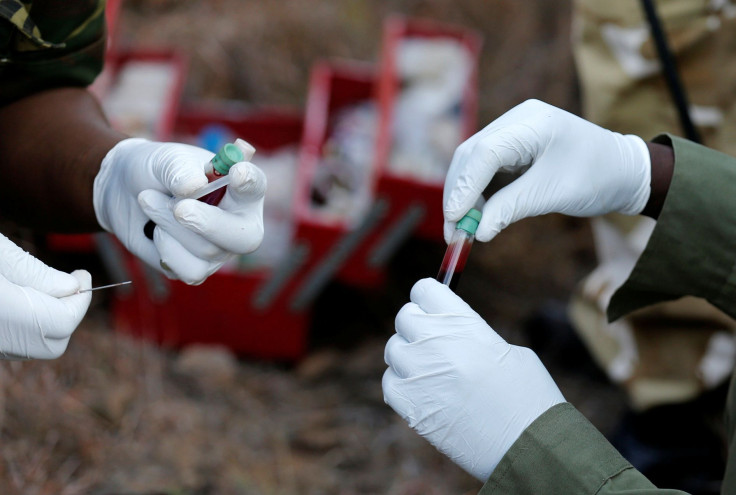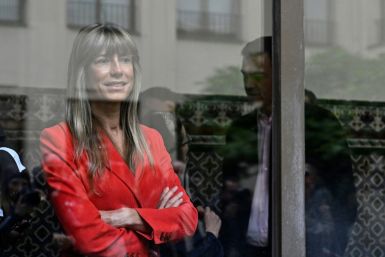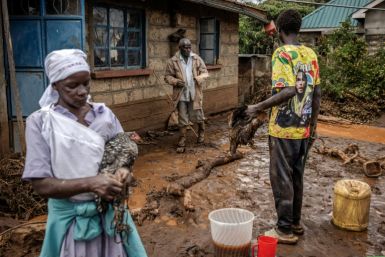Sydney University scholarship preferring male applications sparks outrage

Students of the University of Sydney are calling for a scholarship that prefers male applicants to be taken off. The scholarship for Doctor of Veterinary Medicine, worth $27,000, was announced by the university last week.
“To be eligible for this scholarship you must be enrolled in the DVM in the year of award and preference will be given to applicants who are: from rural or regional areas, male, interested in large animal practice ... [and] an Australian citizen,” the university website says. The Professor Marsh Edwards AO Scholarship is being offered to postgraduate veterinary medicine students.
Imogen Grant, the women's officer on the Students' Representative Council at the university, said students were “horrified” after they received notification regarding the scholarship. The incident also prompted a response from The University of Sydney Women's Collective.
“When I read the scholarship, I couldn't believe what I was seeing. I thought it had to be a mistake,” a female Doctor of Veterinary Medicine student said. “It makes me think that they care more about money than my right to equal opportunities.”
A gender shift in the veterinary science profession has been witnessed in the last 20 years. The field has moved from being male to female-dominated. However, students are protesting it doesn’t justify offering a male-only scholarship.
While the university does have scholarships specifically for women, Grant said a male-only scholarship is a way to continue male privilege. “What distinguishes those scholarships is they are in place to procure benefits for people who face structural barriers to receiving an education,” she said.
Speaking with Daily Mail, the University of Sydney said the preferences in the scholarship were requested by Professor Marshall Edward’s wife, Marcia Edwards. “The terms of the scholarship, which are to support students to undertake studies at the University of Sydney in the field of veterinary science, include a preference, requested by the donor, that the scholarship recipients be from rural or regional areas, male, interested in large animal practice and intending to work in rural veterinary sciences,” the university said.
“Of this year's graduate entry for the Doctor of Veterinary Medicine students over 90 percent of the intake is expected to be female. This is a trend seen over the past five years along with an increasing trend away from rural practice.”
According to government’s most recent Job Outlook data, there are 19 percent male veterinarians who are employed full-time and 3 percent employed part-time. This is in contrast to 48 percent female veterinarians who are employed full-time and 30 percent employed part-time.






